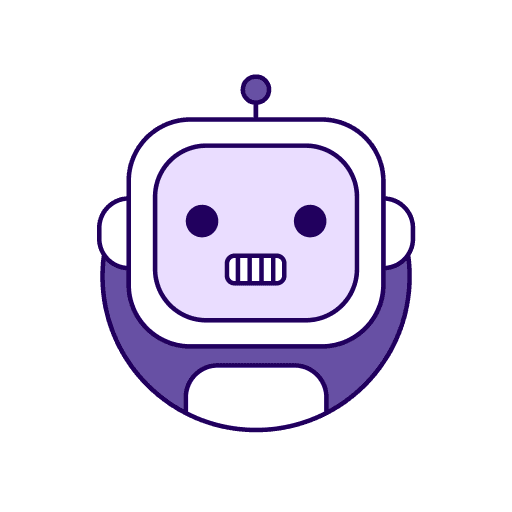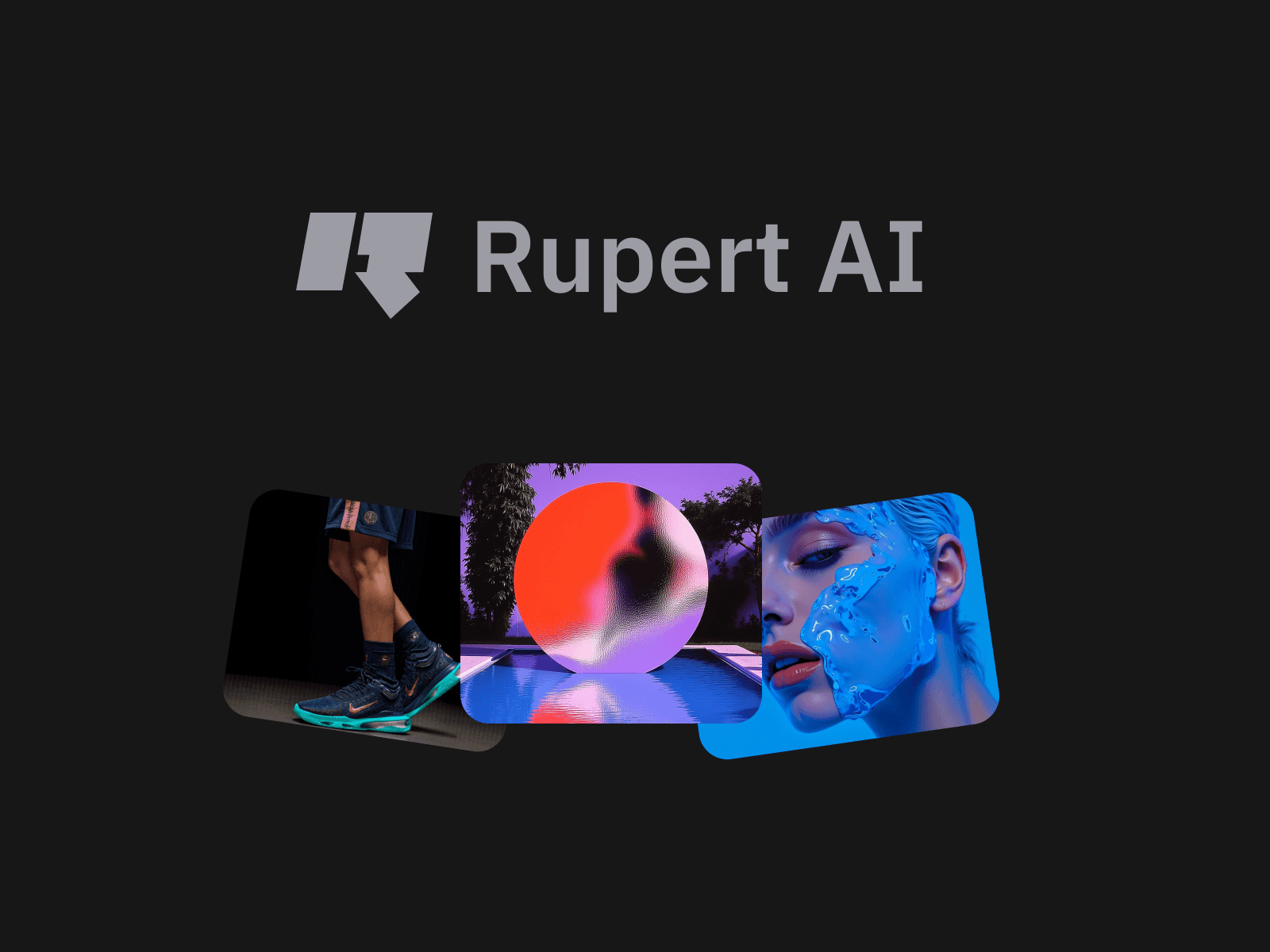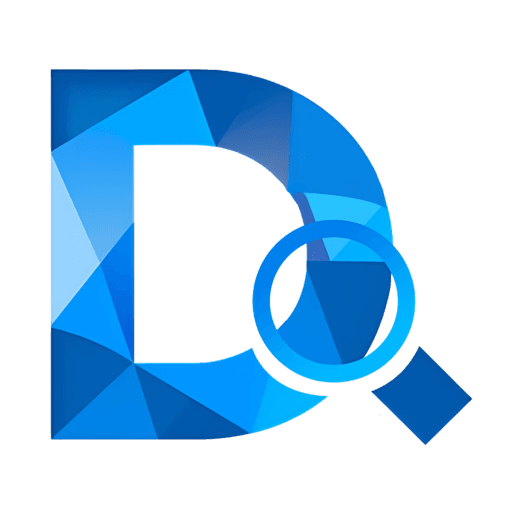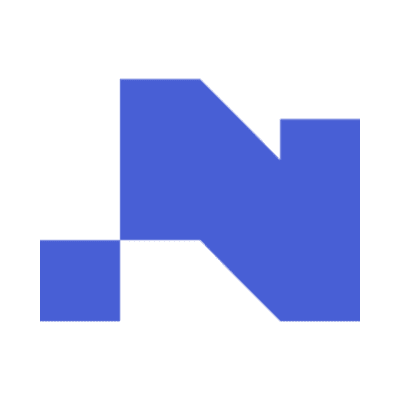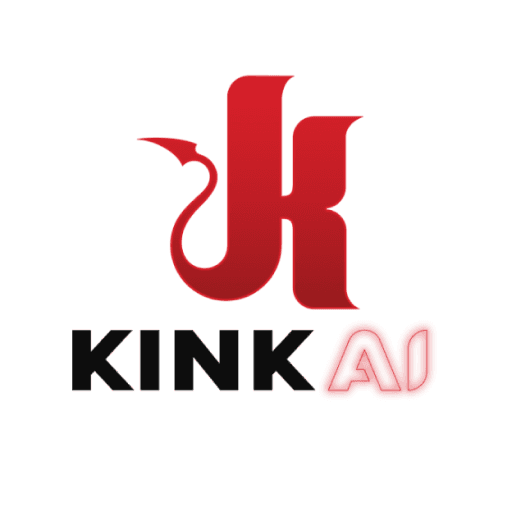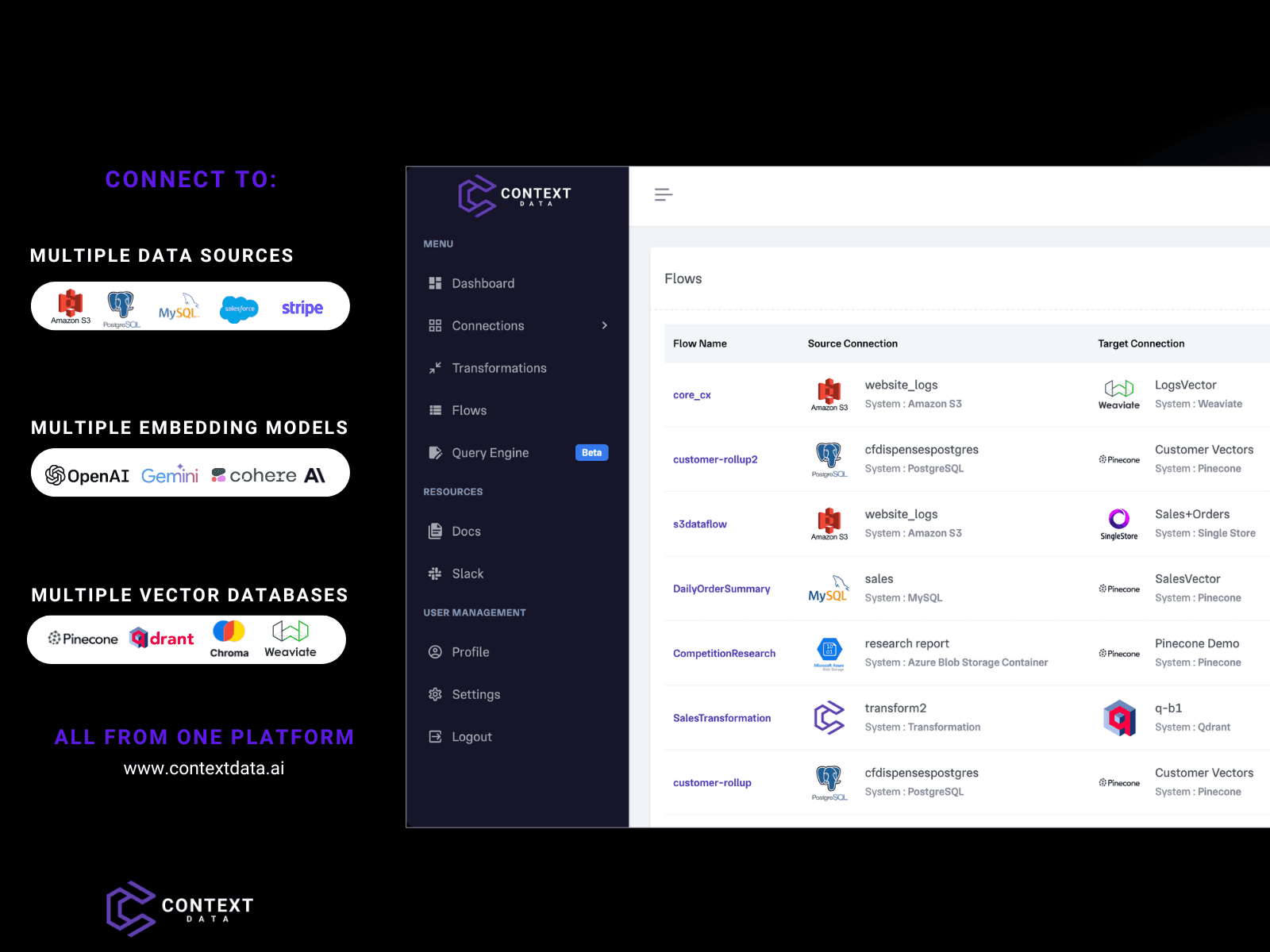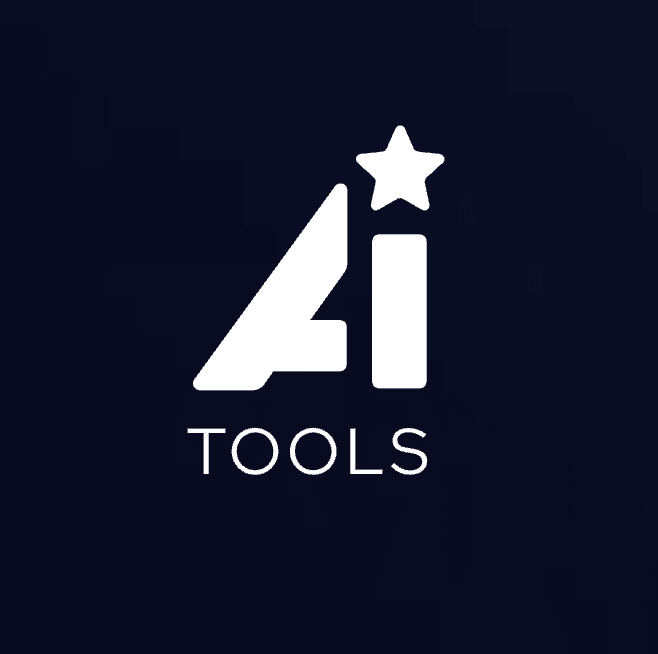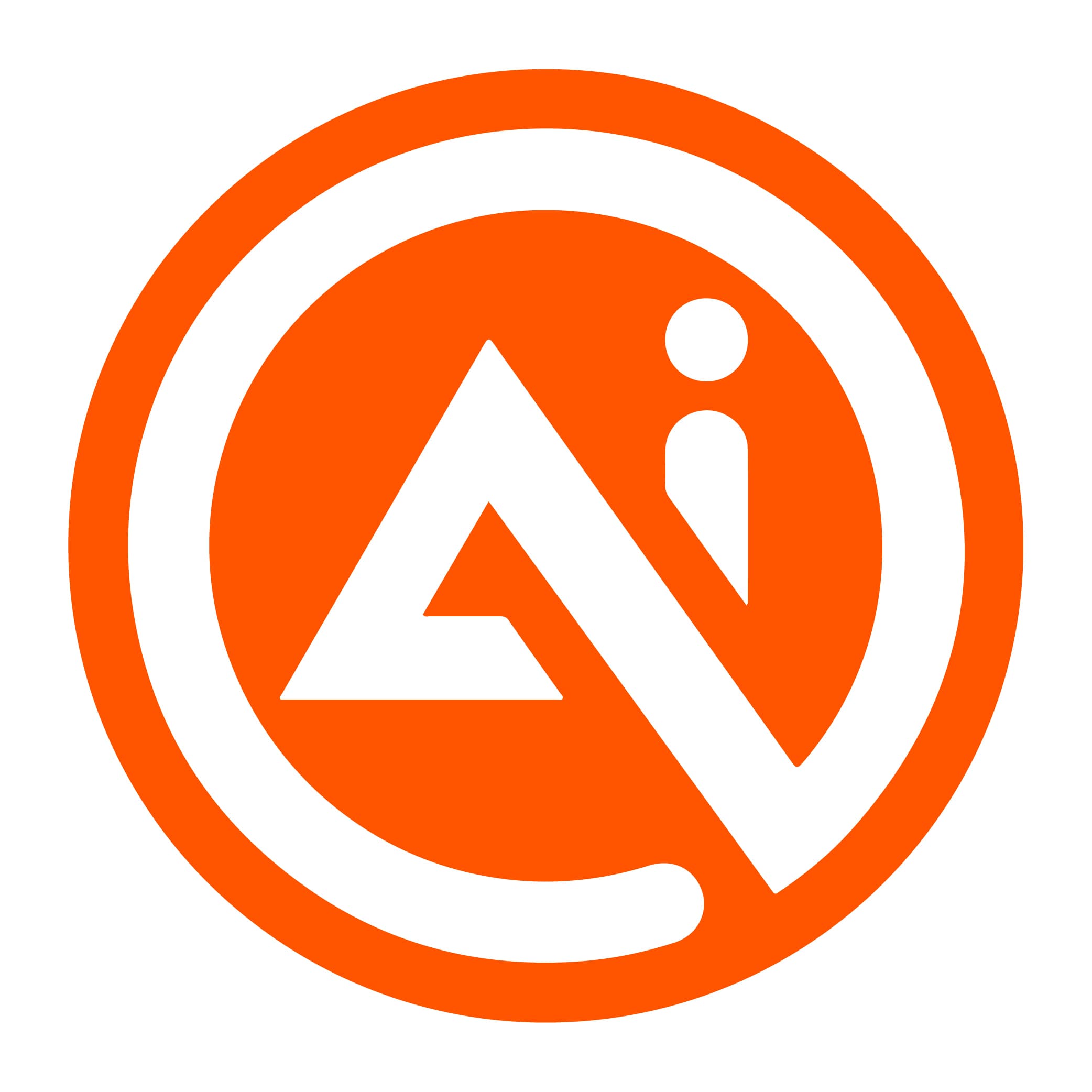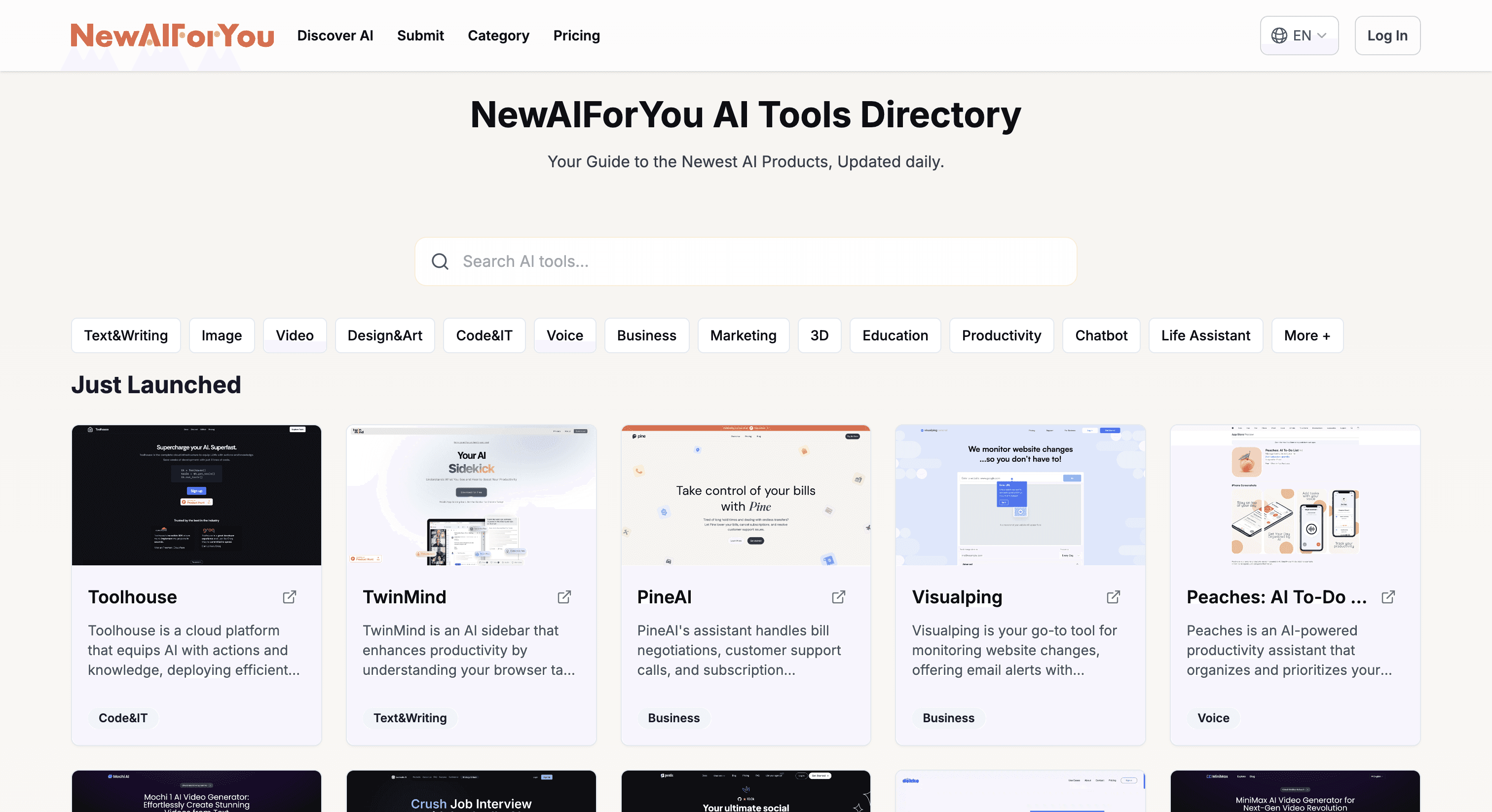Dynamiq vs. Lightning AI
Dynamiq
Dynamiq the operating platform for building, deploying, monitoring and fine-tuning generative AI applications. Key features: 🛠️ Workflows: Build GenAI workflows in a low-code interface to automate tasks at scale 🧠 Knowledge & RAG: Create custom RAG knowledge bases and deploy vector DBs in minutes 🤖 Agents Ops: Create custom LLM agents to solve complex task and connect them to your internal APIs 📈 Observability: Log all interactions, use large-scale LLM quality evaluations 🦺 Guardrails: Precise and reliable LLM outputs with pre-built validators, detection of sensitive content, and data leak prevention 📻 Fine-tuning: Fine-tune proprietary LLM models to make them your own
Lightning AI
Lightning AI is the company behind PyTorch Lightning, the deep learning framework for training, finetuning and serving AI models (80+ million downloads). PyTorch Lightning started in 2015 by Lightning founder William Falcon while working on computational neuroscience research at Columbia University scaling Generative Adversarial Networks and Autoencoders in the context of neural decoding working under Liam Paninski. He open sourced it in 2019 while pursuing a PhD in self-supervised learning (SSL) at NYU and Facebook AI Research (FAIR) supervised by Kyunghyun Cho and Yann Lecun. SSL techniques are at the heart of models like Chat GPT (next word prediction). In 2019 PyTorch Lightning started to be used to train huge models on 1024+ GPUs inside Facebook AI. Today, it’s used by over 10,000 companies and 1+ million developers to train, finetune and deploy the world’s largest models. Lightning AI started in 2020 as a platform to train models on the cloud across 1000s of GPUs. Today,...
| Item | Votes | Upvote |
|---|---|---|
| No pros yet, would you like to add one? | ||
| Item | Votes | Upvote |
|---|---|---|
| No cons yet, would you like to add one? | ||
| Item | Votes | Upvote |
|---|---|---|
| You can build e2e AI solutions | 1 | |
| Scale your models to dozens of GPUs in a few clicks | 1 | |
| You can collaborate with your team on the cloud | 1 |
| Item | Votes | Upvote |
|---|---|---|
| No cons yet, would you like to add one? | ||
Frequently Asked Questions
Dynamiq is an operating platform designed for building, deploying, monitoring, and fine-tuning generative AI applications. It offers a variety of features including low-code workflow automation, custom knowledge base creation, LLM agent operations, observability, guardrails for reliable outputs, and fine-tuning of proprietary LLM models.
The key features of Dynamiq include: - Workflows: Build GenAI workflows in a low-code interface to automate tasks at scale. - Knowledge & RAG: Create custom RAG knowledge bases and deploy vector DBs in minutes. - Agents Ops: Create custom LLM agents to solve complex tasks and connect them to your internal APIs. - Observability: Log all interactions and use large-scale LLM quality evaluations. - Guardrails: Ensure precise and reliable LLM outputs with pre-built validators, detection of sensitive content, and data leak prevention. - Fine-tuning: Fine-tune proprietary LLM models to make them your own.
The benefits of using Dynamiq include: - Air-gapped Solution: Enables clients managing highly sensitive data to leverage LLMs while maintaining stringent security controls. - Vendor-Agnostic: Allows clients to build GenAI applications using a variety of models from different providers and switch between them if needed. - All-In-One Solution: Covers the entire GenAI development process from ideation to deployment.
The use cases for Dynamiq include: - AI Assistants: Equip teams with custom AI assistants to streamline tasks, enhance information access, and boost productivity. - Knowledge Base: Build a dynamic AI knowledge base to streamline decision-making and enhance productivity by reducing the time spent navigating through extensive company documents, files, and databases. - Workflow Automations: Design powerful, no-code workflows to enhance content creation, CRM enrichment, and customer support.
As of now, there are no user-generated pros and cons for Dynamiq. However, its key benefits include stringent security measures, vendor-agnostic integration capabilities, and an all-in-one solution for GenAI development.
Lightning AI is the company behind PyTorch Lightning, a deep learning framework for training, finetuning, and serving AI models. The platform offers a comprehensive end-to-end solution for AI development, from distributed data processing and model training to deployment and serving AI applications.
Pros of Lightning AI include the ability to build end-to-end AI solutions, scale models to dozens of GPUs with just a few clicks, and collaborate with your team on the cloud. Currently, no cons have been listed.
PyTorch Lightning was founded by William Falcon in 2015 during his computational neuroscience research at Columbia University. He open-sourced the project in 2019 while pursuing a PhD at NYU and Facebook AI Research (FAIR).
PyTorch Lightning is used for training, finetuning, and deploying AI models. It is utilized by over 10,000 companies and more than 1 million developers to handle large-scale models on extensive GPU clusters.
The core ethos of Lightning Studios is 'You do the science, we do the engineering.' This philosophy aims to provide an intuitive, easy-to-use, and fast platform for AI research and deployment, enabling users to focus on scientific innovation while Lightning Studios handles the engineering complexities.


